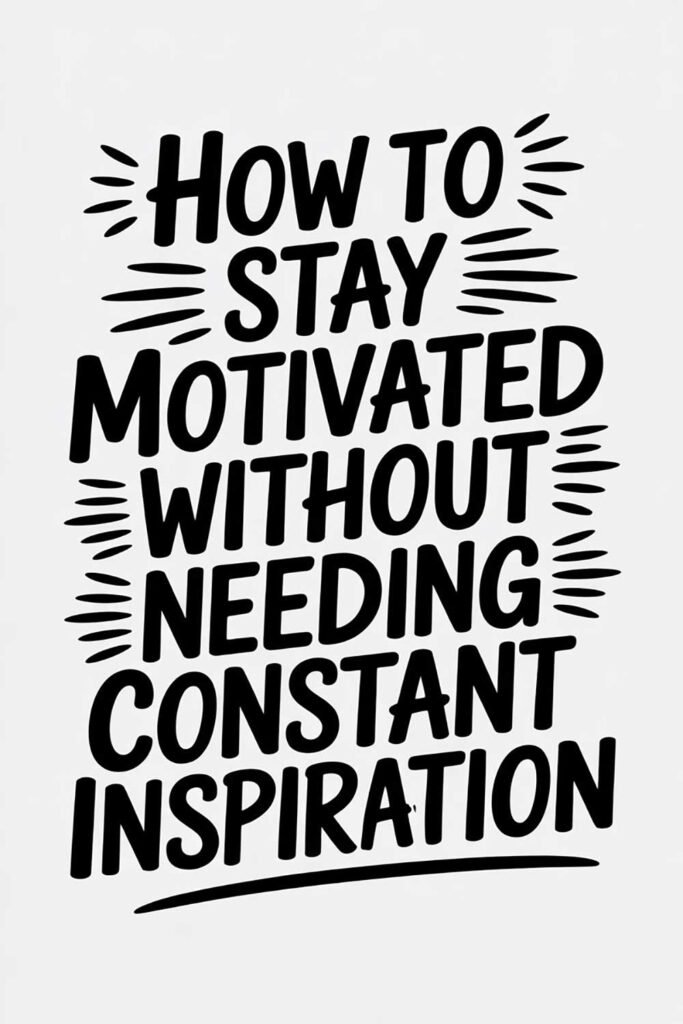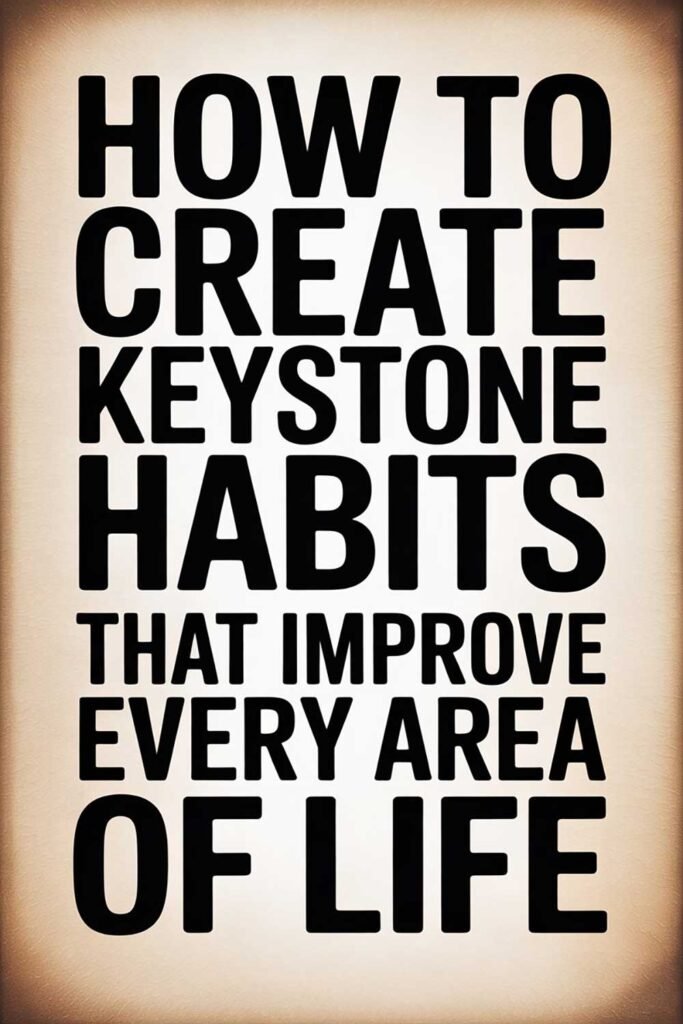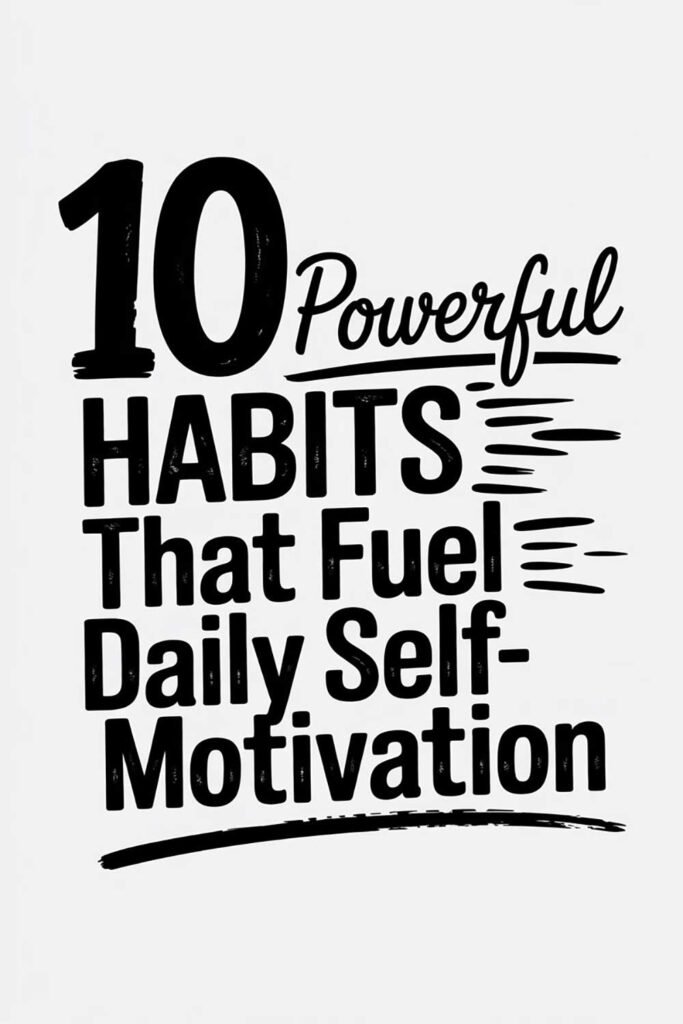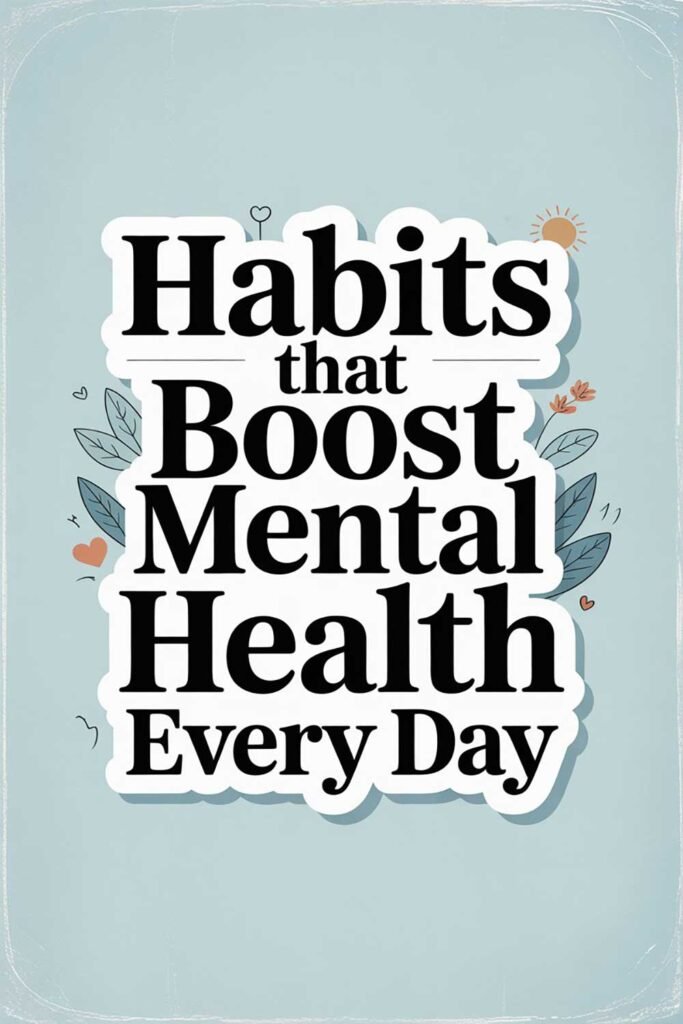
If you know someone who could benefit from this article, please share it with them. Journaling could be the tool they need to discover their true potential.
The Power of Journaling for Self-Discovery
Why Journaling Matters
Journaling is more than just putting pen to paper. It’s a powerful tool for self-reflection and personal growth. By taking the time to write about your thoughts, emotions, and experiences, you create a space to explore your inner world and uncover insights that might otherwise remain hidden.
Benefits of Journaling
- Clarifies Thoughts and Emotions: Helps you understand what you’re feeling and why.
- Reduces Stress: Provides an outlet to release pent-up emotions.
- Enhances Self-Awareness: Reveals patterns, triggers, and recurring themes in your life.
- Fosters Creativity: Encourages free-flowing ideas and solutions.
- Supports Problem-Solving: Breaks down challenges into manageable pieces.
Types of Journaling
There’s no one-size-fits-all approach to journaling. Experiment with different styles to find what resonates with you.
1. Reflective Journaling
- Focuses on analyzing your thoughts and emotions.
- Ideal for self-awareness and emotional growth.
- Example Prompt: What did I learn about myself today?
2. Gratitude Journaling
- Centers on appreciating the positive aspects of your life.
- Boosts happiness and resilience.
- Example Prompt: What are three things I’m grateful for today?
3. Goal-Oriented Journaling
- Helps track progress and stay motivated.
- Keeps you focused on your ambitions.
- Example Prompt: What steps did I take toward my goals today?
4. Freewriting
- Encourages unfiltered, stream-of-consciousness writing.
- Taps into creativity and uncovers subconscious thoughts.
- Example Prompt: Write whatever comes to mind for 10 minutes.
5. Bullet Journaling
- Combines organization with reflection.
- Tracks habits, tasks, and thoughts in a structured format.
- Example Layout: Daily to-do list alongside a mood tracker.
How to Start Journaling
1. Choose Your Tools
Decide whether you prefer a traditional notebook, a digital app, or a mix of both. Choose something you’ll enjoy using regularly.
2. Set Aside Time
Consistency is key. Dedicate a specific time each day—whether it’s in the morning, during lunch, or before bed.
3. Create a Comfortable Space
Find a quiet and comfortable spot where you can focus without distractions. Make it a space you look forward to visiting.
4. Start Small
Begin with just a few sentences or a 5-minute session. Over time, you may find yourself naturally writing more.
5. Use Prompts
Prompts can help you overcome writer’s block and focus your thoughts. Examples:
- What made me smile today?
- What challenges am I facing right now?
- What does my ideal life look like?
Overcoming Common Barriers
“I Don’t Have Time.”
- Start with just 2-5 minutes a day.
- Combine journaling with another habit, like enjoying your morning coffee.
“I Don’t Know What to Write.”
- Use prompts to guide your thoughts.
- Remember, there’s no “right” or “wrong” way to journal.
“It Feels Awkward.”
- Give yourself permission to write freely without judgment.
- The more you journal, the more natural it will feel.
Picture This
Imagine sitting in your favorite spot, pen in hand, uncovering the layers of your thoughts and emotions. As the days go by, you notice patterns emerging, clarity growing, and a deeper connection to your inner self. Your journal becomes a trusted companion, guiding you through challenges and celebrating your victories. What will your first journal entry be about today?






